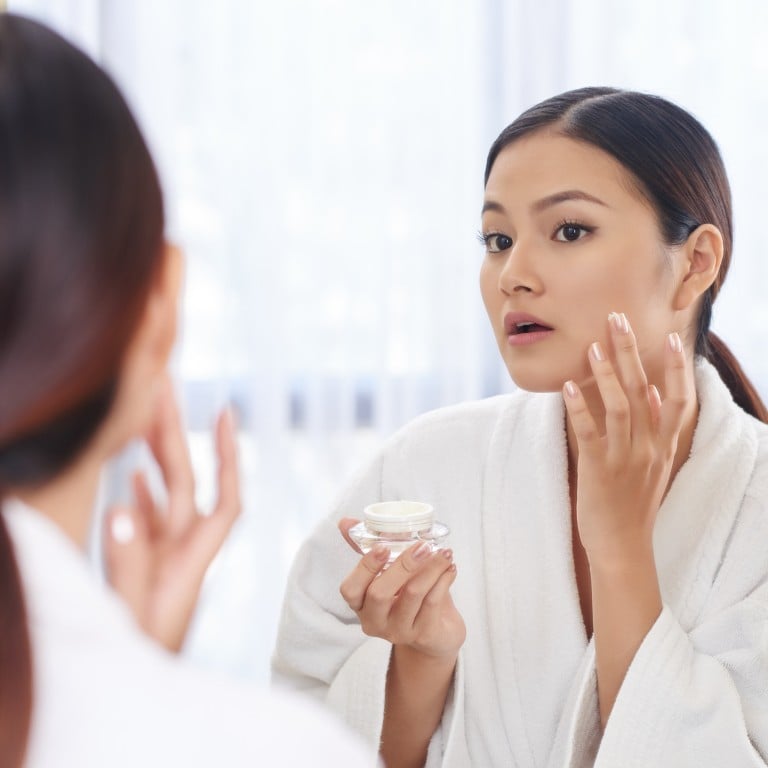Explainer / Is it safe to use expired skincare? How to check if your moisturiser, serum or oil has degraded – and the health risks associated with using contaminated products

- Keeping track of a product’s expiration date is crucial for a good skincare regime – but if you forgot when you first opened something, it’s better to be safe and not risk using it
- Moisturisers and sera can degrade over time, while acne treatments and sunscreen also require close monitoring, according to experts from Penn Medicine and the American Academy of Dermatology
Who among us hasn’t held onto a collection of skincare products for perhaps longer than we should have? The thing about skincare though is that keeping track of expiration dates is crucial.
So when do skincare products expire, and how can you determine if they are still safe to use? Let’s delve into the world of skincare product expiration and find out what signs you should watch out for.
Understanding skincare product expiration

Dr. Bruce Brod, a dermatologist at Penn Medicine, points out that some products might display a “period after opening” symbol with a time frame for safe use. However, this labelling is not mandatory, and even if present, it’s only useful if you remember when you first opened the product.
The risks of using expired skincare products

Brod emphasises that if you can’t remember when you bought a skincare product, it’s better to err on the side of caution and avoid using it. Using products that are past their prime can lead to potential risks.
Over time, opened skincare products can degrade and become breeding grounds for microorganisms. Elisabeth Anderson, from the Center for Research on Ingredient Safety at Michigan State University, warns that products exposed to moisture, like those in bathrooms, can easily become contaminated.

Contaminated products can lead to skin irritation, eczema and infections. Dr. Anne Chapas, a dermatologist from the American Academy of Dermatology, notes that applying a contaminated product directly to your skin can result in serious facial infections, especially if there are scratches or abrasions.